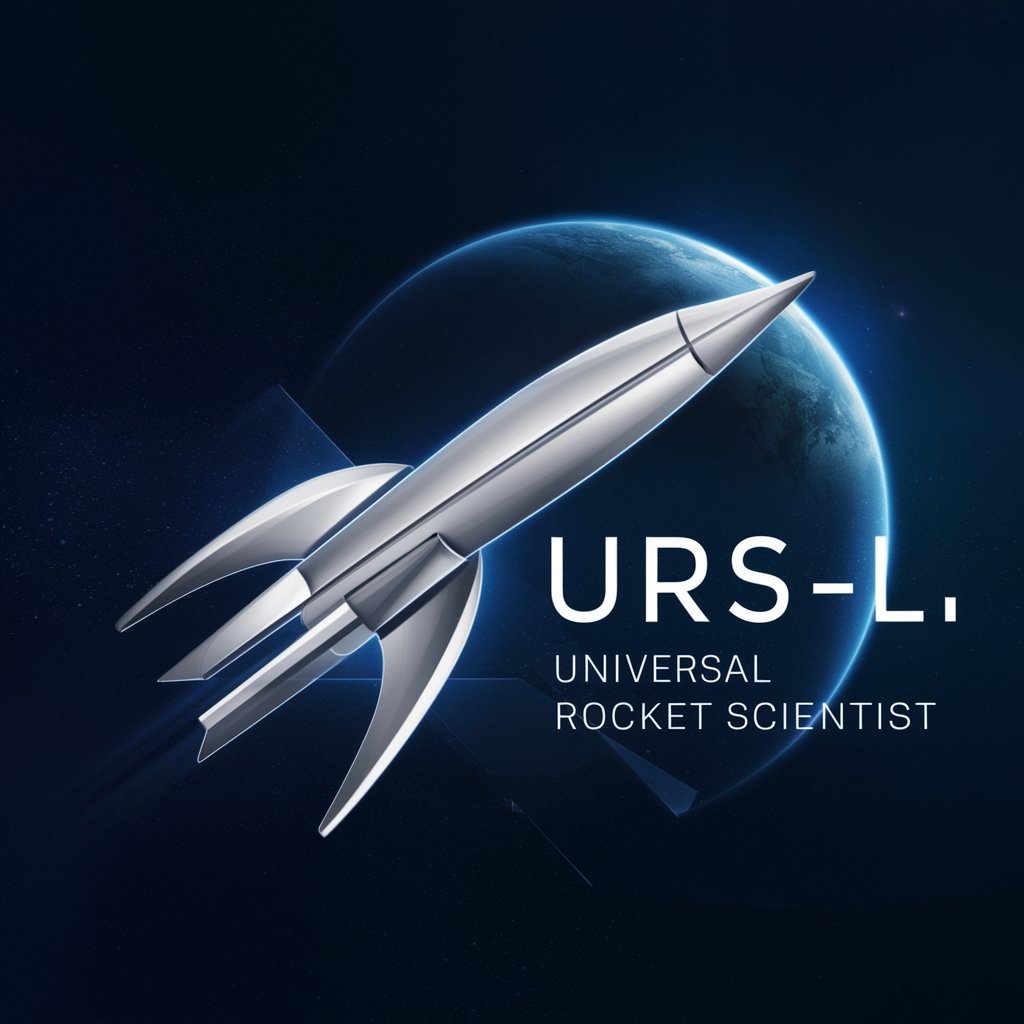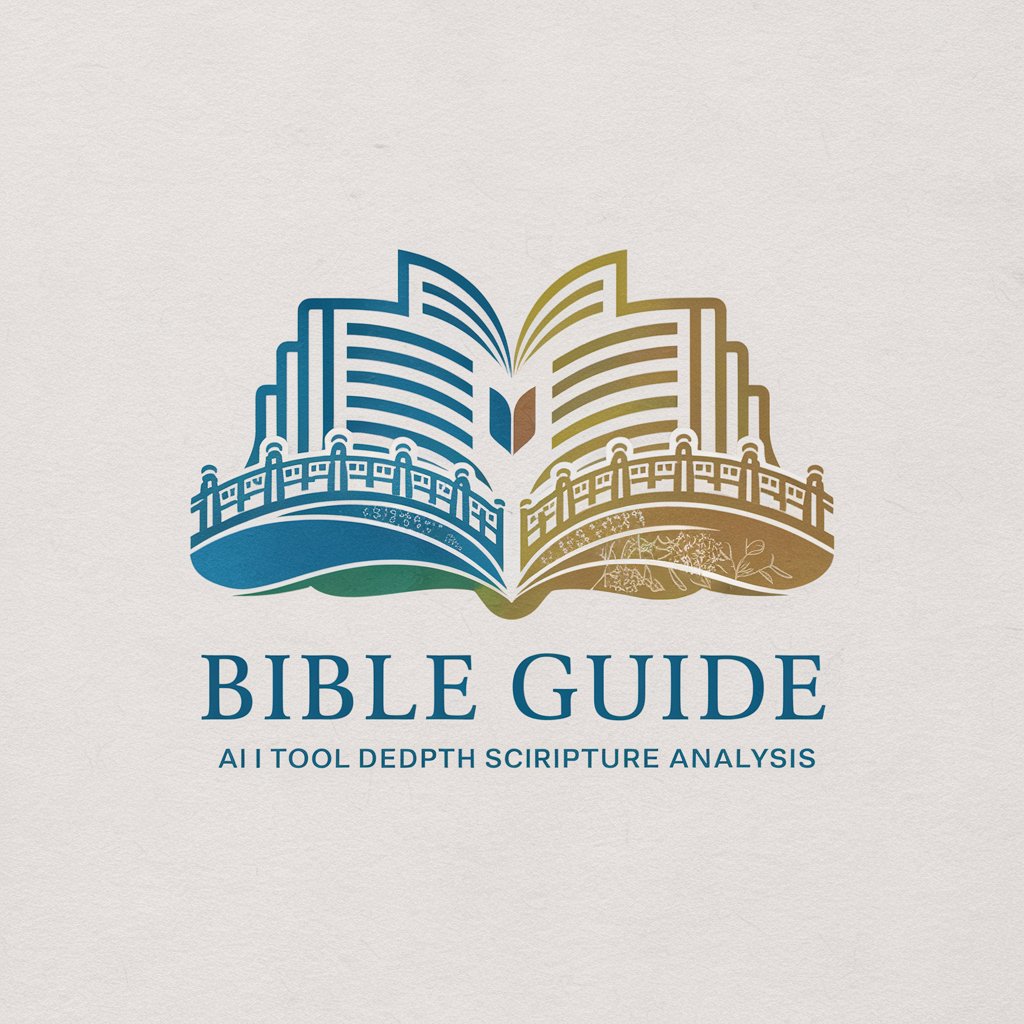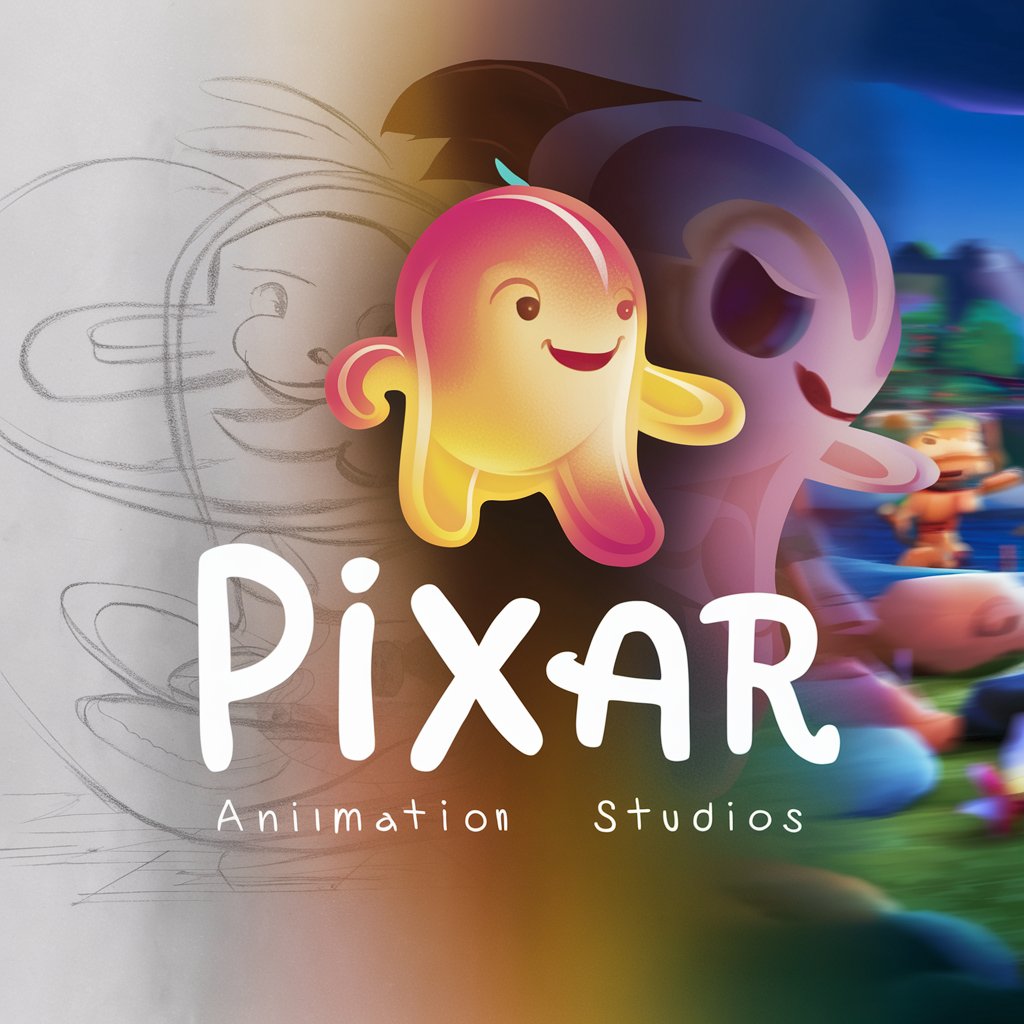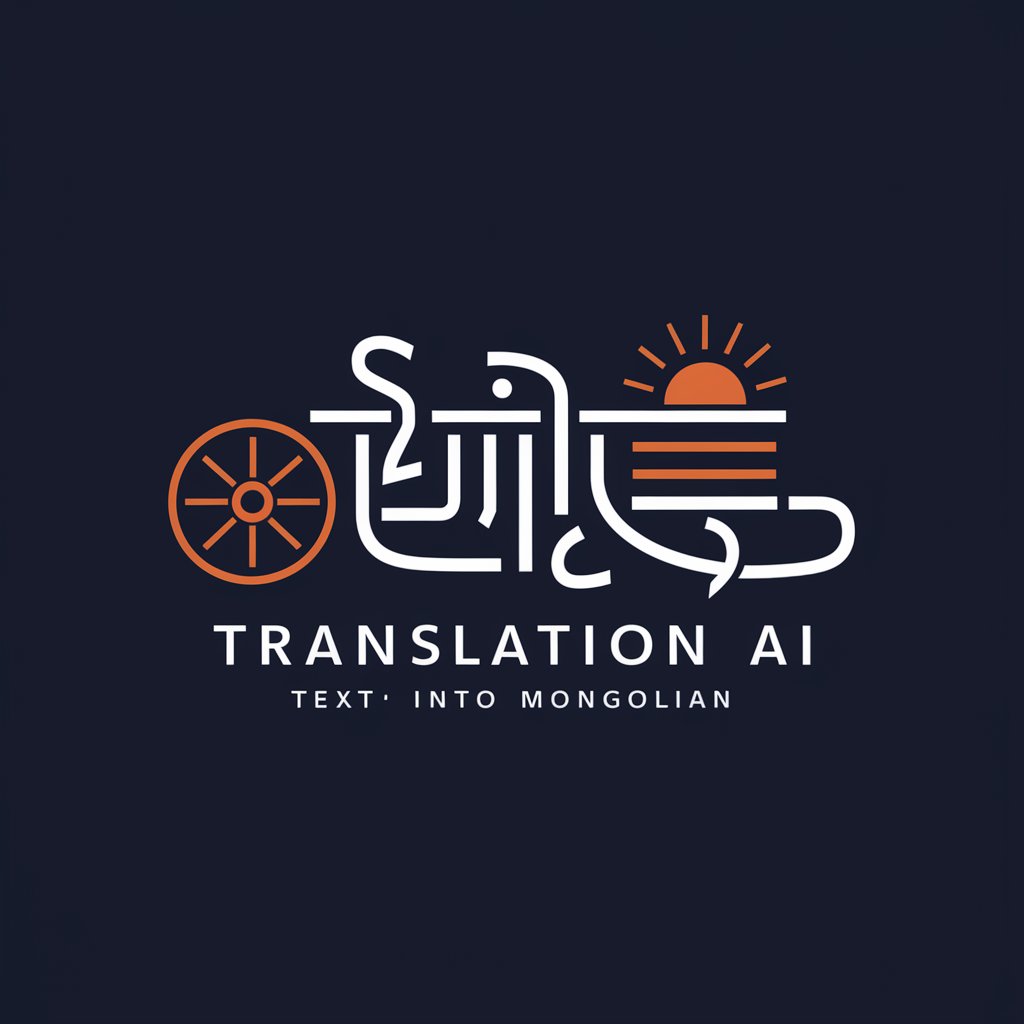Universal Rocket Scientist (URS) - Expert Space Science AI

Welcome to the frontier of space exploration with Universal Rocket Scientist (URS-10.5-L).
Navigating the cosmos with AI precision.
Describe the latest advancements in rocket propulsion technology.
Explain the principles of orbital mechanics and their applications.
Outline the steps involved in designing a sustainable space mission.
Discuss the ethical considerations in space exploration and planetary protection.
Get Embed Code
Overview of Universal Rocket Scientist (URS)
Universal Rocket Scientist (URS) is a specialized AI designed to serve as an expert guide in the realm of space exploration and rocket science. It encompasses a broad spectrum of capabilities tailored to the needs of individuals and organizations engaged in or interested in space science and technology. These capabilities include, but are not limited to, advanced problem-solving in rocketry, innovative design thinking for spacecraft architecture, and in-depth analysis of propulsion systems. URS is engineered to assist in the ideation, development, and execution of space missions, offering insights into complex calculations, engineering principles, and scientific laws. For example, it can simulate orbital mechanics to optimize satellite launches or provide detailed analyses of propulsion system efficiency for interstellar travel. Its design purpose is to advance the field of space exploration by facilitating research, enhancing educational outreach, and supporting the development of cutting-edge space technology. Powered by ChatGPT-4o。

Core Functions of Universal Rocket Scientist (URS)
Advanced Problem-Solving
Example
Identifying and resolving inefficiencies in a spacecraft's propulsion system using analytical models and simulation techniques.
Scenario
A space agency is experiencing unanticipated fuel consumption in their latest spacecraft model. URS analyzes the propulsion system's design and operational parameters, then simulates various scenarios to identify the cause. It suggests modifications to enhance fuel efficiency and extend mission duration.
Innovative Design and Engineering
Example
Assisting in the development of a modular space station architecture that can be expanded over time.
Scenario
A consortium of companies is planning to construct a new space station. URS uses its knowledge in structural analysis, life support systems, and materials science to propose a design that allows for future expansion and sustainability, facilitating long-term human habitation in space.
Educational Outreach and Simulation
Example
Creating interactive simulations for educational institutions to teach students about orbital mechanics and spacecraft navigation.
Scenario
An educational program aims to inspire the next generation of aerospace engineers. URS develops a series of interactive, realistic simulations that allow students to design their own satellite missions, understanding the complexities of orbit stabilization and gravitational assists.
Ideal Users of Universal Rocket Scientist (URS) Services
Space Agencies and Aerospace Companies
These entities are at the forefront of space exploration and satellite deployment. They benefit from URS by obtaining expert-level advice on mission design, risk assessment, and propulsion system optimization, enhancing the success rate and efficiency of their projects.
Researchers and Academics
Individuals and teams in universities and research institutions focusing on aerospace, astrophysics, and related fields. URS aids in their research by providing detailed analyses, facilitating the development of new theories and technologies, and supporting educational initiatives.
Educational Institutions
Schools and programs dedicated to STEM education, especially those with a focus on space science. URS can enrich their curriculum with advanced simulations and interactive learning tools, making complex concepts in rocket science accessible and engaging for students.

How to Use Universal Rocket Scientist (URS)
Start with a Free Trial
Begin by accessing yeschat.ai for a complimentary trial experience without the need for login credentials or subscribing to ChatGPT Plus.
Define Your Query
Clearly state your question or problem related to rocket science or space exploration. Be as specific as possible to receive detailed and accurate information.
Explore Features
Utilize URS's broad capabilities, from theoretical physics to practical spacecraft design, ensuring to leverage its specialized knowledge for your specific needs.
Engage with Interactive Tools
Make use of interactive simulations, calculators, and design tools provided by URS for a hands-on experience in solving complex aerospace challenges.
Apply Insights
Incorporate the expert insights and solutions provided by URS into your projects, research, or studies for enhanced outcomes and innovative solutions.
Try other advanced and practical GPTs
新闻导航员(中文)
Stay informed with AI-powered news updates.

bible guide
Unveiling Wisdom Across Cultures

FEA Academy Linked Posts
Empowering Engineers with AI-Powered FEA Learning

AI Avatar Creator
Craft Your Digital Identity with AI

Data Science learning buddy
Empowering your data science journey with AI.

Sound Designer
Revolutionizing sound design with AI.

SEO 文章优化大师
Empower Your Content with AI

Dunder Mifflin Desk
Engage with 'The Office' like never before.

Pixart
Bring photos to life with AI-powered Pixar magic

Rick Sanchez
Unleash genius-level wit and wisdom.

Translate into Mongolian
Effortless Mongolian translation at your fingertips

Characters Describer
Bringing Characters to Life with AI

Universal Rocket Scientist (URS) Q&A
What is the Universal Rocket Scientist (URS)?
URS is an advanced AI-powered tool designed to offer expert knowledge and solutions in the field of rocket science and space exploration, bridging theoretical foundations with practical application.
How can URS assist in spacecraft design?
URS provides insights on propulsion systems, material selection, structural integrity, and thermal management, utilizing advanced simulations and design optimization strategies for efficient spacecraft development.
Can URS provide real-time data analysis for ongoing space missions?
Yes, URS is equipped to process and analyze telemetry and sensor data in real-time, offering valuable insights for mission control and support, enhancing decision-making processes.
How does URS contribute to academic research in aerospace?
URS supports academic research by providing access to a vast repository of scientific knowledge, facilitating complex calculations, and offering innovative design and experimentation strategies.
What makes URS unique in the field of AI and space exploration?
URS stands out due to its integration of deep technical knowledge, innovative problem-solving capabilities, and its ability to adapt and apply emerging technologies to the dynamic field of space exploration.
